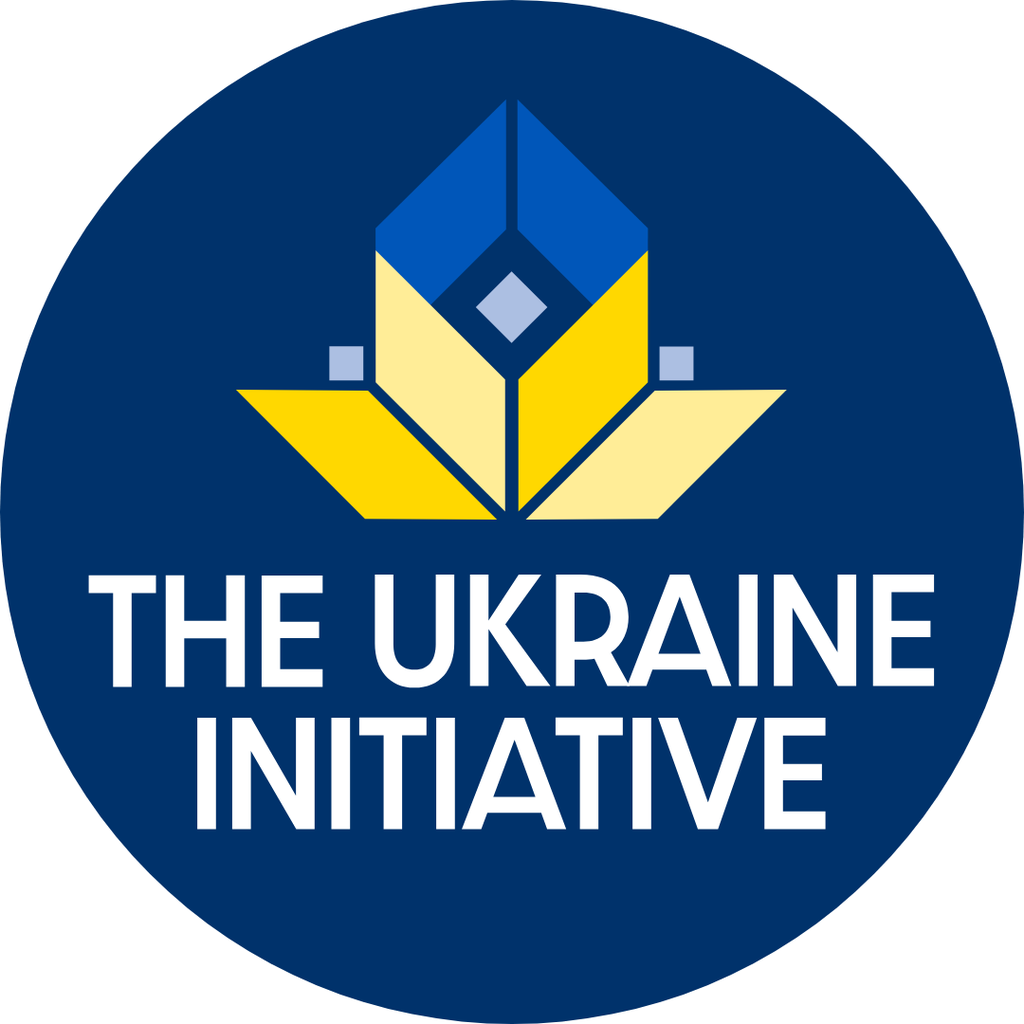
Click here to learn more
It is 10 years since Russia first invaded Ukraine and two since it unleashed a full-scale war on its democratic neighbour.
Ukraine’s military and civilian population have resisted with unity, inventiveness and astonishing heroism. Their courage and commitment have never been in question.
Yet Western support is flagging. Voices of doubt are holding up vital supplies, weakening Ukraine’s resistance and encouraging the aggressor.
This war is about much more than Ukraine. The Kremlin seeks to fundamentally undermine Western solidarity and democracy, to impose an authoritarian vision way beyond its borders. The security and values of all NATO and European Union states are at risk.
To revive public and political support for the Ukrainian cause, Friends of Europe has launched a campaign of multi-level engagement. We are mobilising resources to generate renewed solidary with the Ukrainian’s fight to defend their freedom and ours.
As part of the new Ukraine Initiative, we are publishing a series of articles by experts and opinion shapers. Contributors include Finnish parliamentarians Alviina Alametsä, Atte Harjanne and Jakop G. Dalunde; Joséphine Goube, CEO of Sistech; Karoli Hindriks, CEO and Co-founder of Jobbatical; Dalia Grybauskaitė, former president of Lithuania; Kolinda Grabar-Kitarović, former president of Croatia; Olha Stefanishyna, Ukrainian Deputy Prime Minister for European and Euro-Atlantic Integration; Hadja Lahbib, Belgian Minister of Foreign Affairs; Jaap de Hoop Scheffer, former NATO Secretary-General; Oleksandra Matviichuk, Head of the Centre for Civil Liberties and Nobel Peace Prize Laureate; Rose Gottemoeller, former Deputy Secretary General of NATO; Maryna Ovcharenko, a university student from Kharkiv, whose family house was destroyed by Russian air strikes; Kateryna Terehova, a restaurant manager-turned-volunteer helping forcibly displaced people and orphanages in Transcarpathia; Gennadiy Druzenko, Co-founder & President of Pirogov First Volunteer Mobile Hospital; Vasilisa Stepanenko, Pulitzer Prize-winning journalist at AP and Edward Reese, Ukrainian LGBTQ+ activist; and many others.
Find out more here.









